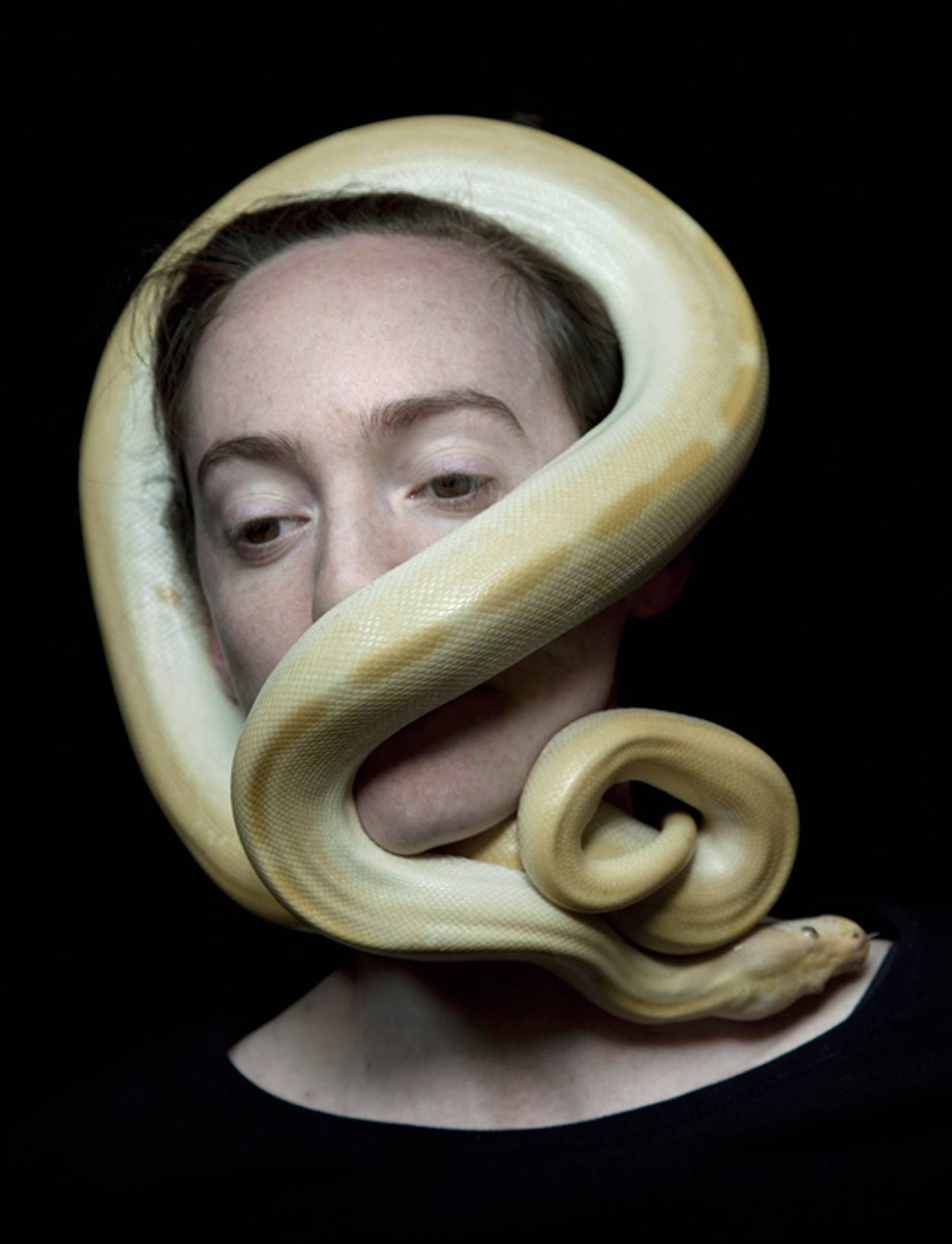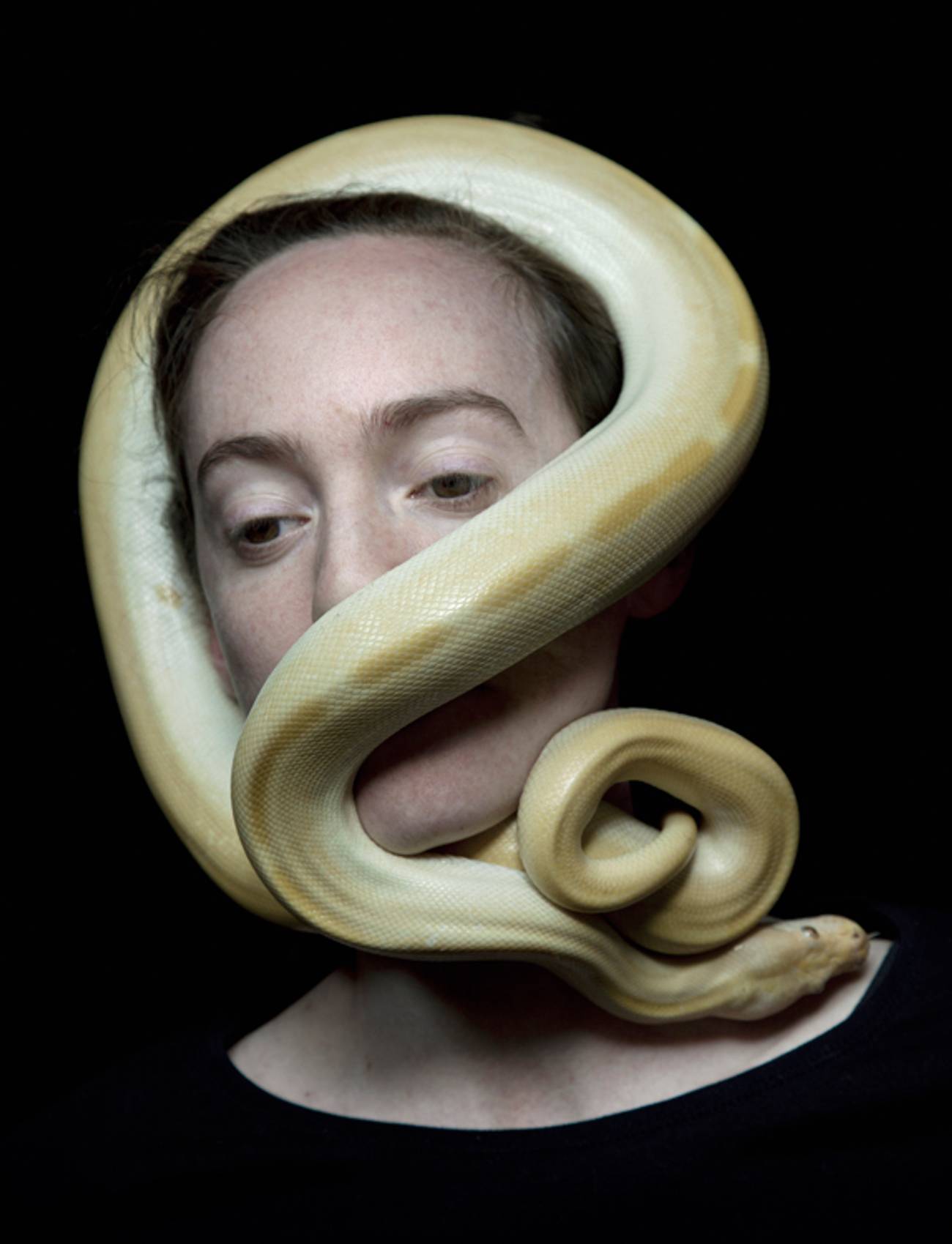A Child Has Died
The rabbi prayed, but the mother sent him away




A child has died. Angel tears slip from the sky onto the earth. In many places with and without names, in all climates, in streets and in fields, on roads and in beds, in a river, on a hill, in a hospital, in the dark or as the sun rises, a child is always dying. The unanswered question, the why of it, hangs over cities and towns, little huts and great mansions. It is better not to ask why. If you don’t ask no one will lie to you about the goodness of the Holy One, or the beauty of the stars, or the joy of the children who are not dead, which is freezing comfort to a mother shivering in the dark, lifting her burden of grief from one side of the room to the other unable to put it down, unable to leave the room, anger rising like an alligator from a swamp, grief so great a volcano 1,000 miles away releases searing smoke into the air.
The child was carried off by the people who do the carrying off. The relatives came and held the mother’s hand. Someone put the child’s favorite stuffed bear in a bag and took it away to give to another child, a breathing child. This is reasonable. The mother knew. Still her hands closed into fists and her face turned red.
“This cannot be undone,” said the rabbi when she asked him.
“Try”, she said. “Let’s pray,” he said.
“You pray,” she said to him. He began rocking back and forth on his heels.
“Please pray in the other room,” she said to him. “Your words are like sandpaper on my skin.” The rabbi blushed. He wasn’t very good at this. Would he ever be?
The doctor came. He was so sorry, very sorry. The mother said nothing. She knew it wasn’t his fault. But she wished he would go away. She took all the feelings of hope he had given her and put their shredded remains at his feet. He didn’t notice.
She was tired, very tired. When had she last slept? When had she eaten or sipped water?
Her husband, the child’s father, had not shaved. The new bristle was dark under his nose and over his cheeks.
The mother took the child’s paintings from the refrigerator door where she had posted them. They were red and blue and green and while no one would claim a great artist had died prematurely, everyone would see that a human child had leaned over a small table with a brush and made a sun, a moon, and a pink flower and was now done with painting forever. She laid out the drawings on the table.
Her husband came and sat next to her on the couch. “We will have another child,” he said.
“No. We won’t.”
He put his hand on her arm. We will,” he said.
“Maybe,” she said. “I would like a muffin.” And suddenly before her a tray of muffins appeared.
“Eat,” she told her husband. His left hand reached out and she remembered him.
From under the couch a small green snake wove its way onto the rug. Its eyes were yellow, its tongue darted in and out, and its tail swept back and forth like a mine detector in a war zone. The small glands at the back of its throat held a black serum useful for its survival.
The snake spoke: “Would you like your child back?”
“Would you like your back broken?” the man leaned down and shouted. The snake coiled and uncoiled. “Do you want to bite me?” the woman asked, and held out her hand, palm up. The man caught her hand as it moved forward. He kissed her palm, her wrist and each of the fingers in turn. “Put the snake in the garden. Don’t hurt him.”
The man picked up the snake and threw him out the door. The snake knew many other ways back into the house, through the hole in the steps in the garage, through the pipes that went down into the basement, through the chimney that opened onto the fireplace, through the sewage line that ran back into the cesspool in the woods, through the open windows in the now empty child’s room. He curled up under the child’s red wagon near the rose bush.
Another group of cars was coming down the street, coming to the house to offer comfort, although this comfort would be cold, icy, burning to the ears, searing on the skin.
The aunts came, the uncles came, the older cousins came. Someone put a platter of sandwiches on the table. Someone put out bottles of soda and water and wine. Someone put a cloth on the mirror in the hall. Someone brought the mother a plate with little cakes on it. The mother pushed the plate away. The men gathered in a corner, holding prayer books, the rabbi began to lead the group. “Not here, go somewhere else, “ the mother said. The group of men went into the yard.
The snake found his way back into the room where the mother soundlessly screamed. He intended to run into the circle of praying men and rear up and scare them, but he fell asleep instead.
And angels hovered like morning mist on the lake. Hebrew sounds tumbled through the yard. The snake woke from his nap, “Hiss,” he said as loudly as possible, but no one heard him.
Anne Roiphe is a novelist and a journalist.